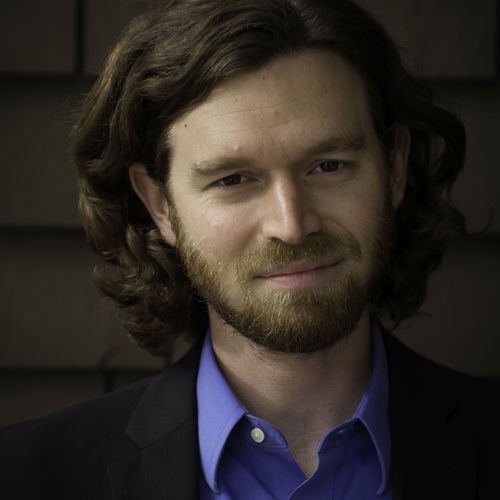Hypnotic - Divine
Details
Ian Scarfe full profile / Solo Piano / 1 musician
Full program notes
Philip Glass - Etude No. 2
Philip Glass - Etude No. 5
Sergei Rachmaninoff - Prelude in G-sharp Minor
Amy Beach - A Hermit Thrush at Eve
Philip Glass - Etude No. 9
Olivier Messiaen - First Communion of the Virgin
~
Robert Schumann - Arabeske
Clara Schumann - Notturno
Johannes Brahms - 2 Intermezzi
Anton Webern - Variations
Historical context
I only discovered Philip Glass' Etudes a couple of weeks ago, and they have me transfixed. As "Etudes" they are essentially "practice music", after all the word etude means to study in French. When Philip Glass brings his signature hypnotic minimalist style to piano technique, the effect touches on a very meditative way of appreciating music.
I chose to use Philip Glass' music, along with other works by Rachmaninoff and Amy Beach, to set up one of the great piano works by Olivier Messiaen, the "First Communion of the Virgin" excerpted from his massive masterpiece the "20 Regards of the Infant Jesus". Messiaen's music is always rooted in his own psychedelic, meditative, and contemplative look at his Catholic faith - it is "awesome" in the sense that it attempts to capture the true feeling of awe.
For the second set, I've constructed a group of pieces featuring one of the most famous love triangles in music history. The main characters of this are none other than three of the great figures of the "Romantic Era" - Robert Schumann, his wife Clara, and the younger Johannes Brahms. Early works by the Schumann couple showcase how "classical" music started turning in a romantic direction, and the late "Intermezzos" by Johannes Brahms are breathtaking examples of how extreme and heady this Romantic style becomes. Written in the late 1880s when Brahms was in his 60s, these short piano pieces were all written for Clara, who then was in her 70s and suffering from arthritis that limited her to a few painful minutes at the piano each day.
They are touching, heartfelt postcards from two estranged(?) possible lovers (??), and they bend the "rules" of music in ways that set the stage for the last work.
Anton Webern's Piano Variations is a distilled, perfect vision of music after all the "rules" have been broken. Imagine Brahms' music cooked down, the essence and passion reduced to just a few quiet, shimmering statements, and you have a sense of what Webern was attempting here. Viennese Waltzes, yearning romantic melodies, dramatic symphonic chords, all boiled down to a few potent phrases, arranged in perfect mirror images. So strange, but so wonderful.
I am really, really, looking forward to this program.
-Ian
Videos from this player
Other programs from this ensemble
- Musician profile: Ian Scarfe
-
Instruments: Cello, Piano, Dancers
- Musicians: Ian Scarfe, Kendra Grittani, Kate Nickles, Celia Ford
Suites by Grieg and Philip Glass
- Musician profile: Ian Scarfe
-
Instruments: solo piano

 Continue with Facebook
Continue with Facebook
 Continue with Google
Continue with Google
 Continue with Apple
Continue with Apple
